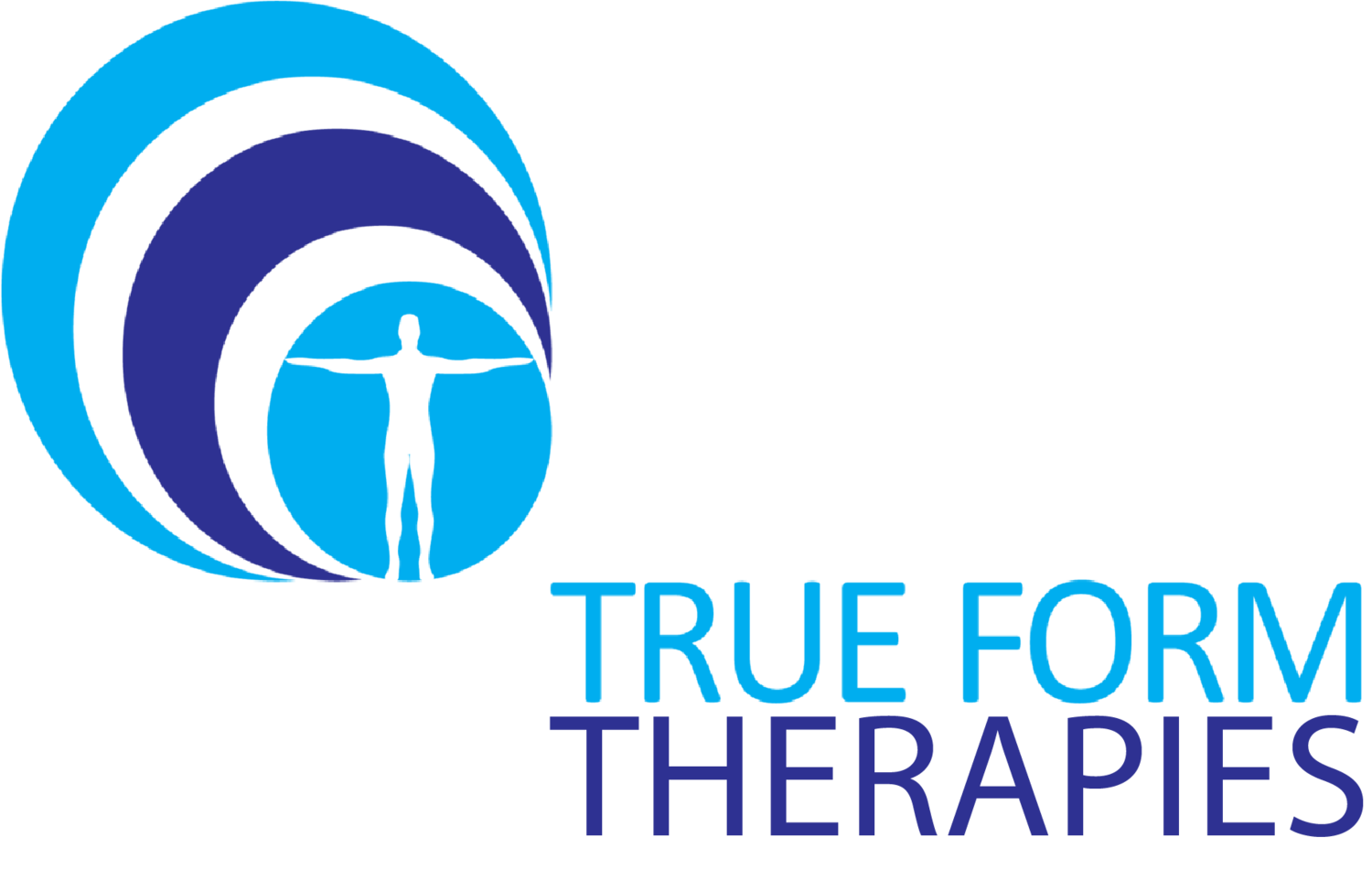Protein Powders – Are They Necessary?
Walk in to a supplement store and I guarantee you will be overwhelmed with the sheer number of supplements available. The fact that they can make entire stores that exist just to sell supplements is crazy to me. What’s even crazier is the price of some of these supplements, many of which serve NO PURPOSE WHATSOEVER. But is this the case with protein and is it something you could benefit from including in your diet?
Protein is essential for building and maintaining muscle and assists in muscular recovery post exercise. This makes protein an important part of anyone’s diet, particularly athletes and those who are working to build their muscle mass and/or strength. Protein powder is definitely not necessary. As with all things diet related – protein rich foods should be your first choice, however, if you have high protein requirements, or struggle to eat enough protein, then protein powder may be useful for you.
Types of Protein Powder
The wide range of protein supplements can be overwhelming. To assist you in choosing what is best for you, I have provided a brief overview of the main types of protein powders available
Whey Protein Concentrate (WPC) = 70-80% protein (the rest is made up of lactose and fat)
Whey Protein Isolate (WPI) = 90% protein (smaller amount of fat and lactose than WPC)
Whey Protein Hydrolysate (WPH) = made from WPC or WPI. Has shorter amino acid chains which supposedly results in faster digestion though this isn’t supported by evidence
Casein = another dairy based protein. Clots in the stomach resulting in slower digestion by the body.
Soy = A non-dairy protein source. Rapidly digested and well utilised by the body.
Hemp, Rice and Pea = Vegan protein. Not as effective as soy or milk-based protein due to the lower leucine content (See blog). Aim for 30g of protein and 1.8 -2.0g of leucine per serve
For protein to be most beneficial it is important to eat enough calories and carbs to ensure your body uses these as a fuel source over the protein you are ingesting.
It is also important to pay attention to the leucine content of protein powders. Leucine is a branched chain amino acid (the building blocks of protein) that has a critical role in activating muscle protein production. Research suggests that around 2-3g of leucine (around 20-25g of HBV protein) produces the biggest effect.
Timing and Dosage of Protein Intake
Research has shown that when protein is consumed there is a slight increase in muscle synthesis (production). The dosage that produces the maximal effect is 20-25g of high biological value (HBV) protein (HBV protein contains all the essential amino acids the human body must obtain via the diet as they cannot be made by the body). Eating more than this after exercise doesn’t increase muscle synthesis any further.
Eating protein in the hour after training will help to lengthen the protein synthesis response to exercise which will maximise muscular gains and minimise muscular losses.
Whilst it is important to obtain protein after exercise, your total protein intake over the entire day is more important than the timing of protein intake. In other words, you should focus on consuming enough protein across the entire day, rather than just consuming a post workout protein shake and not eating any other sources of protein for the rest of the day.
The amount of protein you need daily will vary greatly depending on factors such as your age, gender, activity levels and fitness goals.
Remember – more protein doesn’t = more muscle (unfortunately)
See https://www.sportsdietitians.com.au for more info

